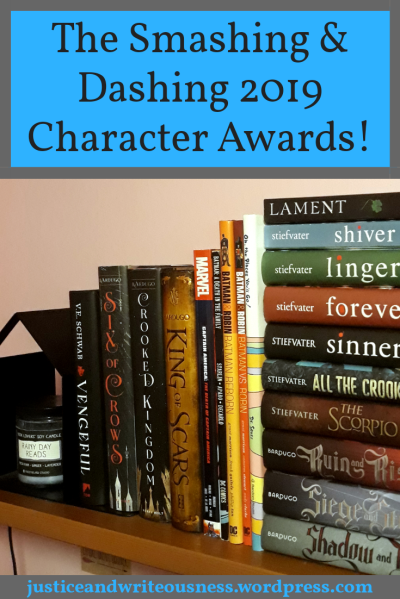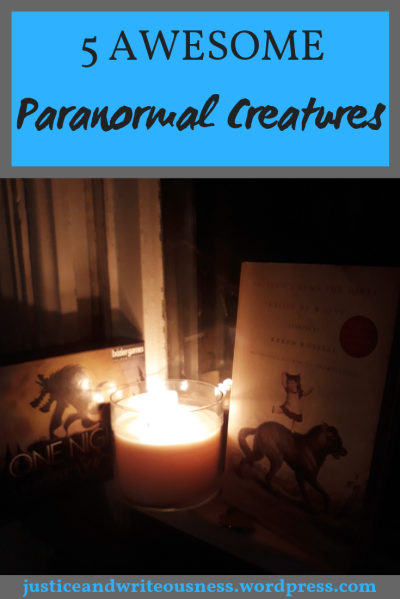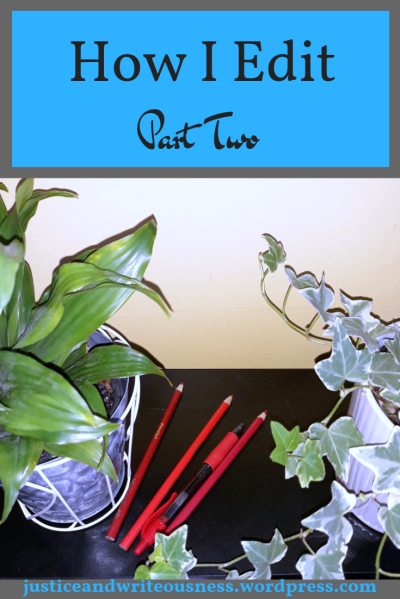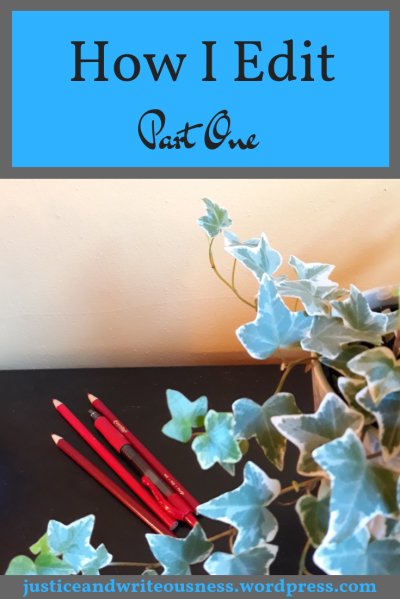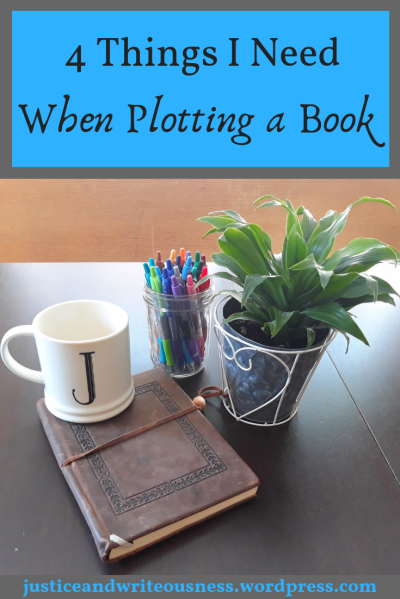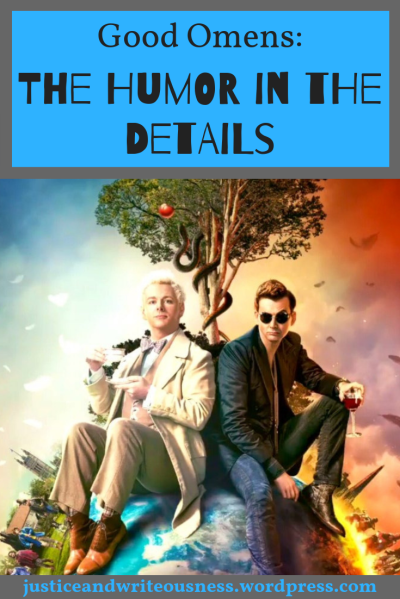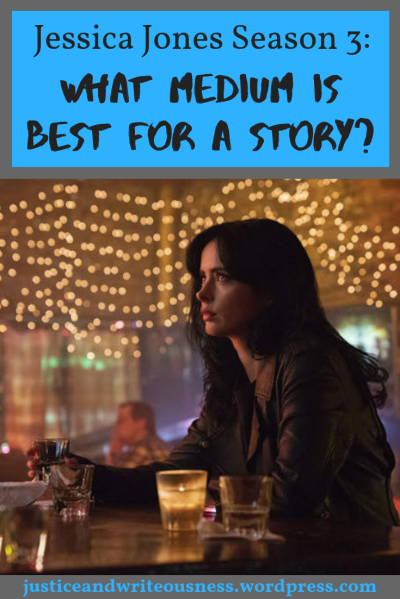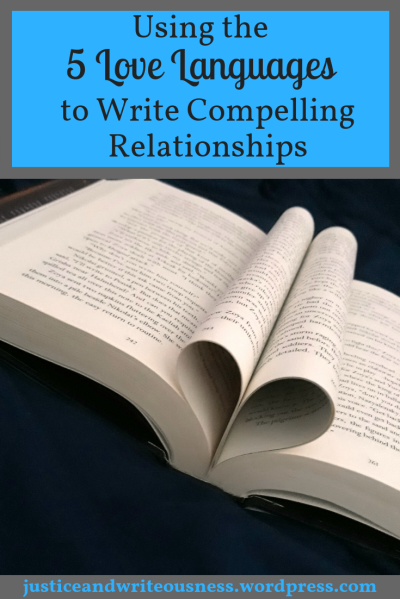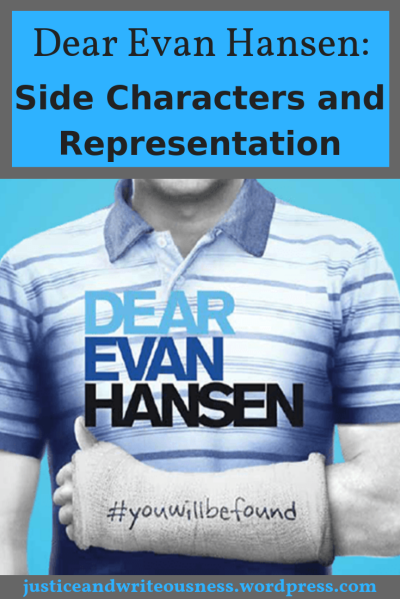
C. S. Lewis wrote an essay called “On Three Ways of Writing for Children,” that, as you might imagine, is an excellent read. It covers a lot of ground, from defending ‘faerie tales’ to discussing ‘morals’ in stories. One passage that caught my interest, however, was his description of how he comes up with his stories.
This topic has been an interest of mine for a while. Maggie Stiefvater (aka my favorite author after Lewis himself) teamed up with two other writers, Brenna Yovanoff and Tessa Gratton, to publish an anthology called The Anatomy of Curiosity that showcased how each author approached writing a story. Seeing their process, and comparing it with my own, was fascinating.
